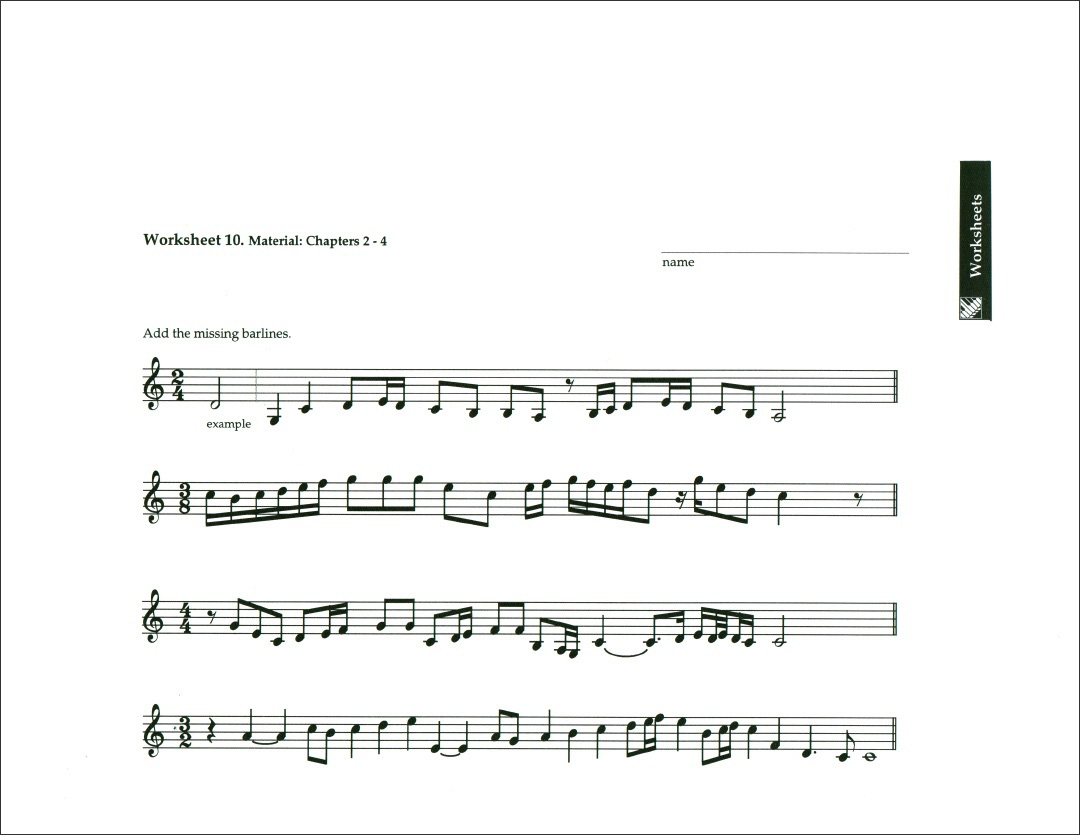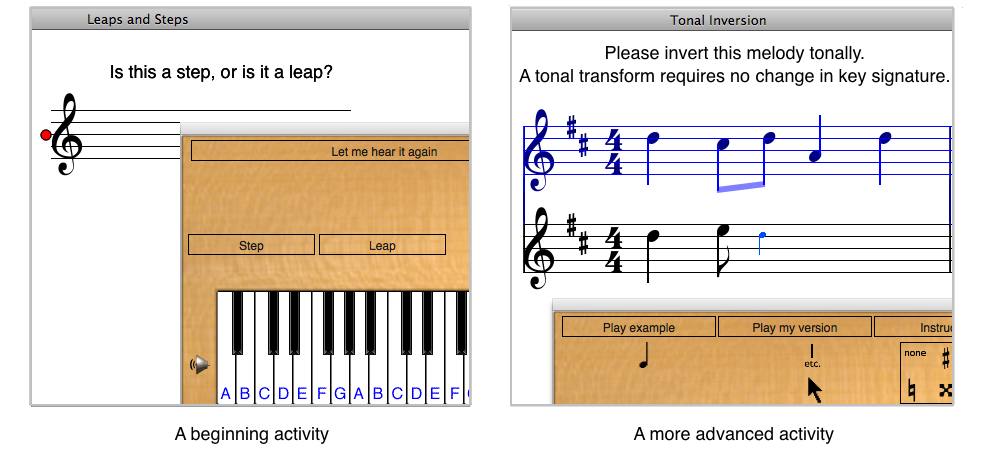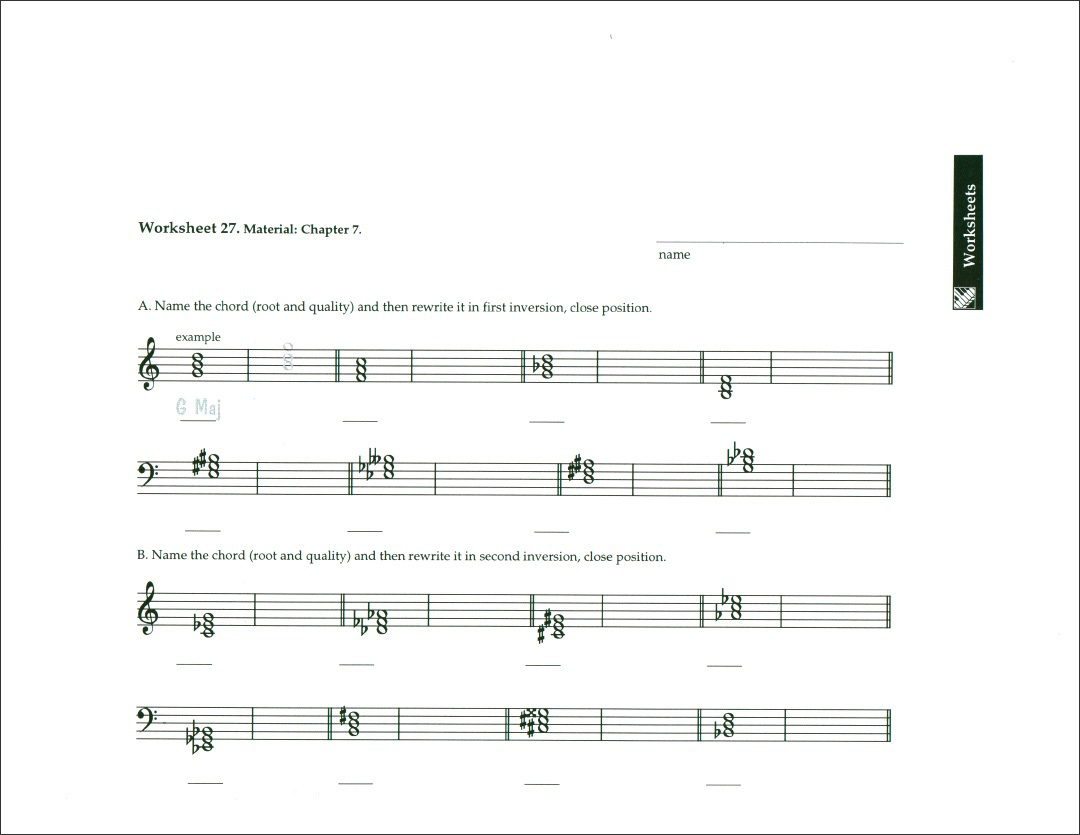

This band came together on a tour celebrating the release of Baggetta’s latest album, Wall of Flowers (Big Ego), which featured Watt and legendary drummer Jim Keltner. “Mike Baggetta makes stealthy, mysterious music … he’s trying to do something personal with collective improvisation without ever getting in the way of beauty.” “Guitar poet Mike Baggetta’s new recording with his potent trio veers daringly and compellingly from patient, elegiac freedom to searing, oozing sludge rock without the slightest hesitation or apology. The music this trio creates together is utterly unclassifiable: calling it “post-genre-improv-jazz-rock” may come close, but that still doesn’t even begin to touch on the wild electric textures Baggetta’s guitar alone brings to the table. In this raucous new trio he’s joined by drummer Stephen Hodges (Tom Waits, Mavis Staples, David Lynch) and Minutemen bassist Mike Watt, whose wide-ranging career also spans work with Iggy Pop and the Stooges and fIREHOSE. New York guitarist Mike Baggetta has it all, from swinging modern-bop chops that flow like John Abercrombie to whammy-bar, pedal-steel licks influenced by his first guitar hero, David Torn. Bassist/former bassist Bana Haffer opens. This performance celebrates the release of Live Flowers (Striped Light Records), which documents last year’s legendary Ars Nova-produced performance at Johnny Brenda’s. In Music from the Earliest Notations to the Sixteenth Century, Oxford University Press.Please join us for a performance by the explosive trio mssv (Main Steam Stop Valve) led by guitarist Mike Baggetta, teaming him with drummer Stephen Hodges and punk legend Mike Watt for a window-rattling obliteration of the walls between jazz and rock. In Oxford University Press, Music from the Earliest Notations to the Sixteenth Century. Chapter 8 Business Math, Politics, and Paradise: The Ars Nova. "Chapter 8 Business Math, Politics, and Paradise: The Ars Nova." Specific improvements in technical efficiency. Specific technical solutions to specific technical problems, to enlarge a certain realm of technical possibility, or to secure Further Reading: A Checklist of Books in EnglishĬHAPTER 8 Business Math, Politics, and Paradise: The Ars Nova Notational and Stylistic Change in Fourteenth-Century France Isorhythmic Motets From Machaut to Du Fay Chapter: CHAPTER 8 Business Math, Politics, and Paradise: The Ars Nova Source: MUSIC FROM THE EARLIEST NOTATIONS TO THE SIXTEENTH CENTURY Author(s): Richard Taruskin Richard TaruskinĪnd yet (to pick up immediately on the closing thought of the previous chapter, and perhaps pick a fight with it) one canĬertainly point to times when changes in composing practice did take place for a definite composerly purpose, whether to enable.The Technical, the Esthetic, and the Ideological.Chapter 19 Pressure of Radical Humanism.Chapter 18 Reformations and Counter Reformations.Exterior “Nature” and Interior “Affect”.The Literary Revolution and the Return of the Madrigal.Chapter 17 Commercial and Literary Music.The Peak (and Limit) of Stylistic Refinement.Besting the Flemings or, the Last of the Tenoristas.Palestrina and the Ecumenical Tradition.“Il Eccelentissimo Adriano” and His Contemporaries.Instrumental Music Becomes Literate at Last.

An Esthetic Paradox (or, the Paradox of “Esthetics”).How Controversies Arise (and What They Reveal).“Caput” and the Beginnings of Four-Part Harmony.The Internationalism of the Upper Crust.Dunstable and the “Contenance Angloise”.The Beginnings of “Functional” Harmony?.Chapter 10 “A Pleasant Place”: Music of the Trecento.Functionally Differentiated Counterpoint.Establishing the Prototype: The Roman De Fauvel.Chapter 8 Business Math, Politics, and Paradise: The Ars Nova.Chapter 7 Music for an Intellectual and Political Elite.

Polyphony in Aquitanian Monastic Centers.



 0 kommentar(er)
0 kommentar(er)
